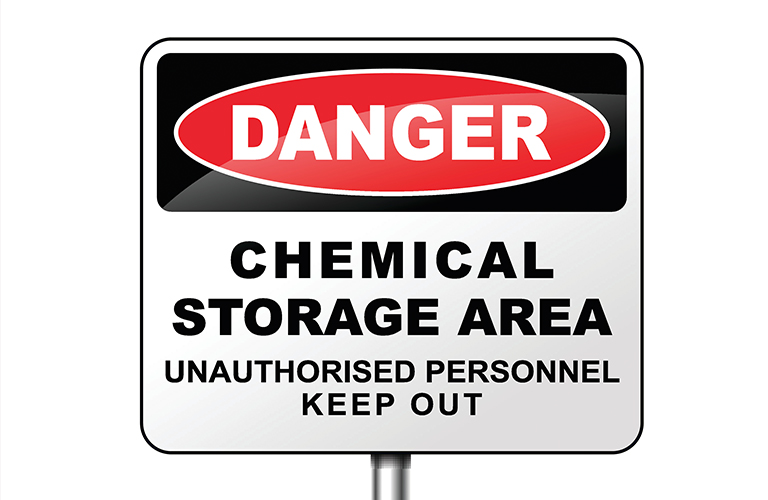
In August, EPA announced a Consent Order with ChemArt Company of Lincoln, Rhode Island to correct alleged violations of EPA’s Risk Management Program (RMP) under the Clean Air Act. The Consent Order included a civil penalty of $221,326 and a supplemental environmental project (SEP) requiring ChemArt to reduce its stockpile of hazardous materials, including chlorine, and to update manufacturing equipment to reduce the likelihood and consequences of a release.
In the waning days of the Obama Administration, EPA issued a final rule updating the RMP and imposing new requirements. On June 14, the Trump Administration EPA issued a final rule delaying the implementation of the RMP update rule from June 19, 2017 until February 19, 2019. Environmental groups and some State Attorneys General have filed suit to vacate the Trump EPA rule.
Meanwhile, EPA Region 1 alleged that ChemArt failed to adequately address hazards in its process safety management (PSM) of its manufacturing process. PSM normally is addressed by the Occupational Safety and Health Administration (OSHA), but a December 2015 memorandum from then-Deputy Attorney General Sally Yates noted that workplace safety violations could be enforced and prosecuted under either the OSH Act or environmental statutes such as the Clean Air Act, RCRA and the Toxic Substances Control Act.
EPA’s allegations against ChemArt included violations under the Clean Air Act, which includes the RMP, and under RCRA. EPA alleged that ChemArt’s worst-case scenario analysis was faulty because it considered only a release inside its facility, and that the process hazard assessment failed to consider all possible hazards. EPA’s enforcement action is significant because it signals a willingness to evaluate the details of a facility’s RMP and process hazard assessment. Issues of compliance with RMP requirements later were highlighted by chemical fires and releases in and around Houston during and after Hurricane Harvey.
For more information on EPA’s RMP and OSHA’s PSM, contact Steve O’Day.

